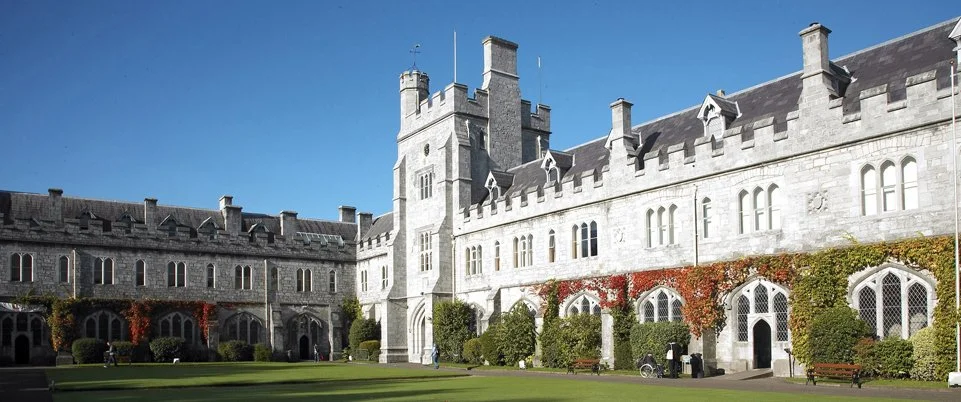Investigation Underway At UCC Into Allegations Of Sexual Harassment
Under the Freedom of Information Act (2003), new information has been released that highlights 3 allegations of sexual harassment made by staff members in UCC last year. UCC has declined to comment further on the nature of the allegations, and did not maintain whether the complaints were made against the same individual. It said the investigations were “commencing.”The issue of sexual harassment on campuses has been described as an ‘epidemic’, with staggeringly huge numbers of complaints being made in the UK, and similarly prevalent problems in Irish universities. A report made by the Sunday Times stated that allegations include “lewd insults, displaying pornographic content, unwanted physical contact of a sexual nature, and demands for sexual favours.” The records released show that several complaints by students and staff were sustained at Irish universities over the past two years. At Trinity College Dublin, two claims made by students against fellow students were upheld, one in 2016 and another in 2017. Elsewhere in the country, UCD currently has ongoing investigations into a complaint made by a staff member in 2016 – while both the University of Limerick and NUI Galway have also confirmed that they have each received two complaints over the last few years arising from both staff members and students. All universities involved refused to provide any further information about the nature of the allegations, stating that doing so would put those involved at risk of being identified. In 2010 UCC was at the centre of a prominent allegation of sexual harassment when a lecturer in behavioural science was accused of inappropriate behaviour. The lecturer was under investigation for showing a female colleague an article about oral sex among fruit bats. The university imposed a two-year period of “monitoring” on the lecturer. That staff member was ultimately found to have sexually harassed his colleague by the High Court, although a judge stated that the case was very much “at the lower end of the scale” of sexual harassment cases. All Irish colleges have informal mechanisms to deal with allegations before a formal investigation is launched. For example, Trinity College Dublin offers mediation to those involved. Notably, only a tiny percentage of alleged incidents result in formal complaints. Sexual harassment is far from an unknown phenomenon on Irish campuses – last year, Ph.D. candidate Chiara Seery of NUI Galway conducted a report termed ‘The Smart Consent Survey’. Approximately 400 students took part in the survey, and the results indicated that students’ experiences of sexist hostility, sexual hostility, unwanted sexual attention, online sexual harassment, and sexual coercion increased each year as they passed from first year to third year. More than 70% of third-year female students had experienced sexist/sexual hostility and unwanted sexual attention when in third year. While the numbers were lower for male respondents, there was a similar pattern of an increase in harassment each year. These figures were outlined at a University College Cork Law Conference last year, which discussed reforming the law and attitudes surrounding sexual offences. Evidently, talks of reform are taking place in the majority of colleges across Ireland. However, with these recent allegations being brought to light, it is clear that universities need to implement new strategies to protect both their staff and students.


